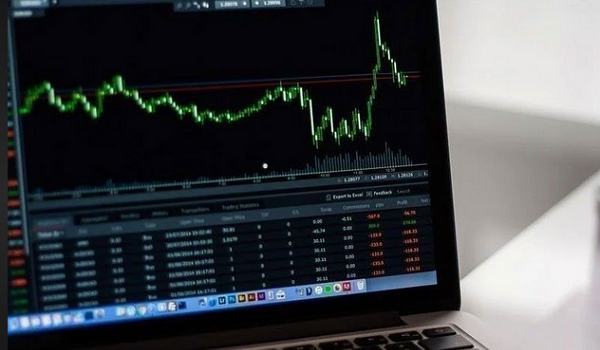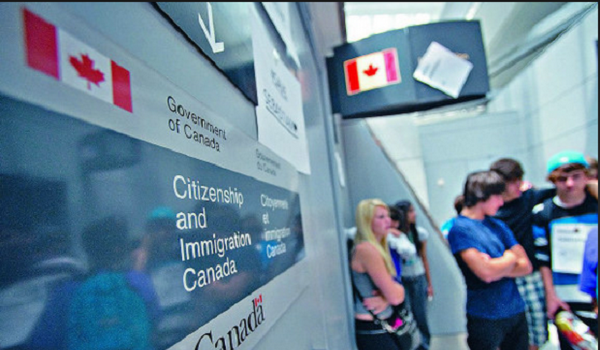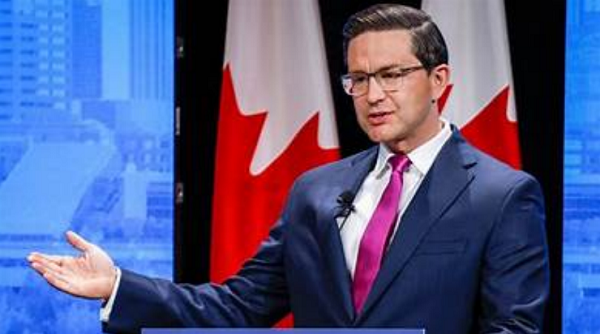Homeowners with vacant occupations to get a vacancy tax bill
Hasan Mahbub was “shocked” to get a $4,000 tax bill from the city on Tuesday for owning a vacant home — the home he currently lives in.
Mahbub is one of thousands of Torontonians who were saddled with Toronto’s vacancy tax, many of whom may not actually owe the money.
The social worker was far from alone in not realizing that homeowners must declare occupancy annually — not just when the tax was first levied last year. The city says about 125,000 homeowners have failed to declare for 2023 and its online portal is receiving “a high volume of complaint filings” from people saying they shouldn’t have to pay.
Mahbub said “I was panicked, I was angry,” to receive the huge bill, noting the city can see from his utility usage that his home is not vacant.
“I have high blood pressure and diabetes and (the bill) instantly triggered everything,” the social worker said. “We are all struggling to live our life in Toronto with affordability issues, so much anxiety in the post-pandemic era, and I was very shocked with the city’s very direct, very oppressive approach.”
Other homeowners told the Star that they got hit with the tax despite declaring occupancy before the March 15 deadline. They include writer Duncan Ralston who was billed $5,200. He called 311 to complain and was directed to an online portal with a warning it would be busy.
Mayor Olivia Chow told the Star on Wednesday that she is hearing the complaints. At her urging, city staff are following up tax bills with another notice, in multiple languages and clear wording, telling people who occupy their homes “do not pay,” to ignore the May 15 deadline for a first payment instalment, and how to complain to get the bill erased.
The vacant home tax notification and billing system “needs to be completely revamped,” Chow said, vowing: “We’ll clean it up.”
Homeowners who didn’t know or forgot to declare can complain through the portal, using the assessment roll and customer numbers from their property tax bill, but still face a $21.24 late fee. Those who say they declared occupancy can appeal the fee — but they are supposed to provide proof. The city system does not email confirmation of registration.
City manager Paul Johnson, in an interview with the Star last week, cited the levy as a city process that is “just too complicated or convoluted. I think the vacant home tax is an example where we have to get a lot cleaner on this,” he said. “I get what it is, it’s fine, but it’s not rolling out well. We had to extend the deadline to get our compliance so something’s not working there.”
The city on Feb. 29 extended the declaration deadline to March 15 after only 63 per cent of homeowners had registered.
The city imposed the tax in 2022 to discourage property owners from keeping homes empty during Toronto’s tight housing market. Council voted in October to triple the rate in 2024 to 3 per cent of a home’s assessed value. A property is considered vacant if it is not the principal residence of the owner or permitted occupants, such as tenants, for six or more months during the calendar year.
City council in March heard that residents last year got a yellow notice with their property tax bill to highlight the need to declare residency and avoid the tax. City staff this year made it white, mixed in with other white papers, after some residents said the yellow triggered fears of a “scam.”
Frances Nunziata told council colleagues that the process is a “nightmare” for senior citizens, adding that her office staff had to make house calls to help some get their properties registered as occupied.
City staff said looking at residents’ utility usage, to assess home occupancy, raises privacy concerns. Coun. Dianne Saxe suggested giving homeowners the option of consenting to the city looking at utility usage in exchange for not having to declare their occupancy annually — an idea that council directed city staff to work on developing in time for next year.
The deadline to appeal payment for the 2022 tax year is May 15. The deadline to appeal payment for the 2023 tax year is Dec. 31.
With files from Andy Takagi.
This article was first reported by The Star
















